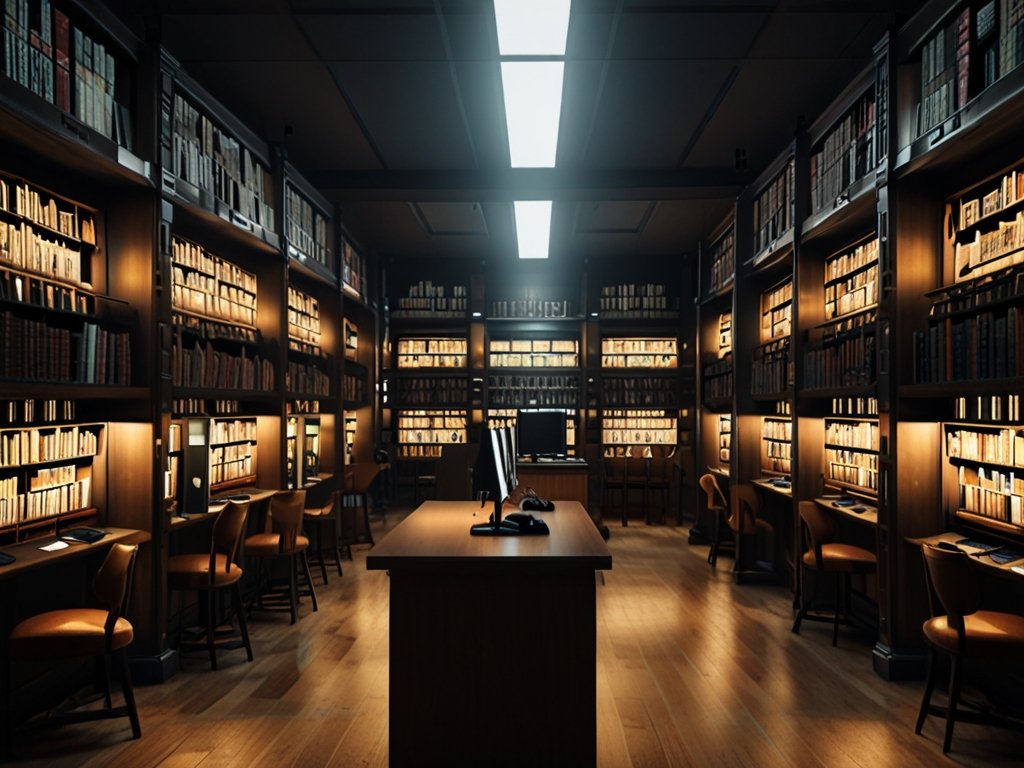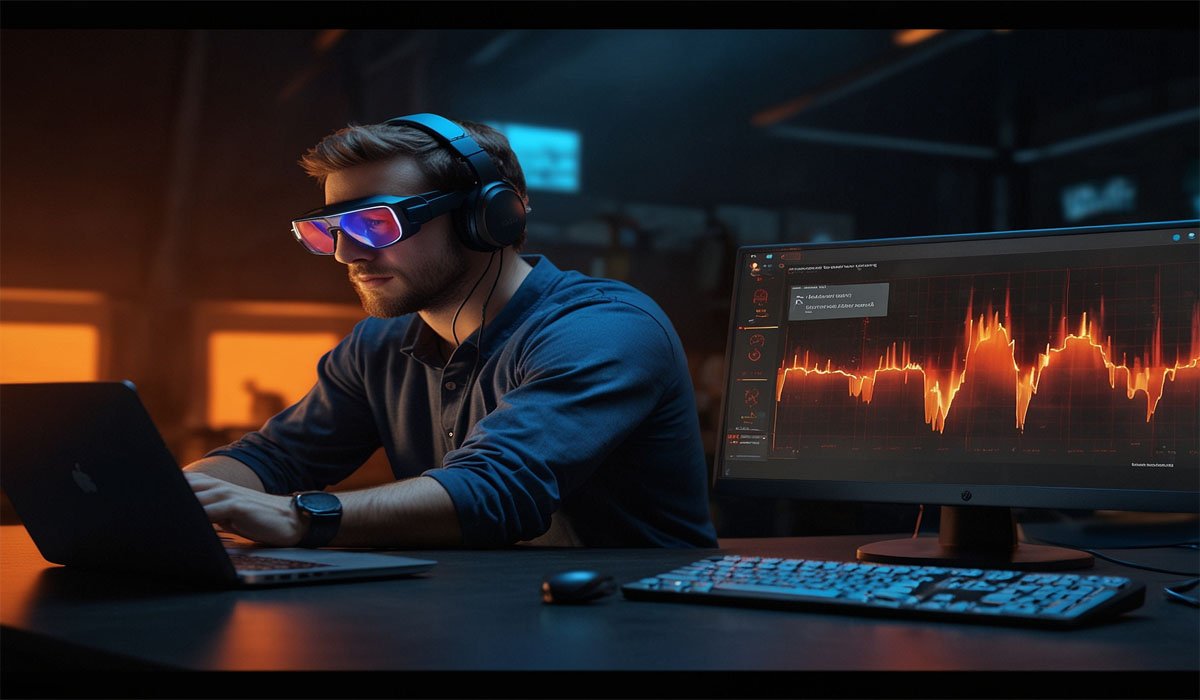Opening Hook:
Imagine booting up a game you loved as a kid—only to find it’s vanished, like a dusty cartridge lost in an attic. Now picture a team of digital archaeologists working tirelessly to ensure that never happens. Welcome to updates thegamearchives, where forgotten games are revived, polished, and made playable for generations. This isn’t just a repository; it’s a time machine.
Why Gaming History Needs a Time Capsule
Video games aren’t just entertainment—they’re cultural artifacts. Yet 87% of classic games are considered “critically endangered” due to hardware decay, licensing tangles, or plain neglect. Updates thegamearchives tackle this crisis by:
- Rescuing Lost Titles: Unearthing prototypes, fan translations, and region-locked gems.
- Modernizing Playability: Tweaking emulators so Pong runs on your 4K monitor.
- Preserving Context: Adding metadata like developer interviews or box art scans.
Think of it as a Louvre for pixels.
READ ALSO: MonkeyGG2: The Secret Hub for 150+ Games That Bypasses School Blocks
Behind the Scenes: The Unsung Heroes of Preservation
Curators: The Detectives of Digital Decay
Every update starts with a hunt. Curators scour eBay listings, negotiate with collectors, and even reverse-engineer code from decaying floppy disks. Recently, a 1993 RPG, Dragon’s Lair: Legacy, was recovered from a garage sale’s $5 box—now fully playable online.
Quality Checks: No Glitches Allowed
Before a game joins the archive, it undergoes a Forensic Gaming Audit:
| Checkpoint | Purpose |
|---|---|
| Authenticity Scan | Verifies the game isn’t a corrupted ROM. |
| Metadata Cross-Check | Confirms release year, publisher, and trivia (e.g., “Soundtrack by a Grammy winner”). |
| Compatibility Test | Ensures smooth play on Windows, macOS, and Linux. |
Community Power: Gamers as Time Travelers

Updates thegamearchives thrive on crowdsourcing. Enthusiasts contribute in unexpected ways:
- Fan Fixes: A modder recently patched StarQuest II’s infamous “crash-on-save” bug.
- Story Submissions: Sharing memories of playing CyberNinja in arcades adds emotional depth to the database.
- Hardware Donations: A retired developer mailed in a rare Sega Neptune prototype.
The result? A living museum built by players, for players.
The Tech Tightrope: Balancing Old & New
Emulator Wizardry
Making a 1980s game run on modern PCs is like teaching a vinyl record to stream on Spotify. Curators tweak emulators to handle quirks like:
- Pixel Ratio Quirks: Stretching 4:3 visuals without distortion.
- Controller Translation: Mapping joystick moves to Xbox pads.
The “Lag Monster” Problem
Even minor input delays can ruin classics like Ghosts ‘n Goblins. The solution? A Latency-Busting Toolkit:
- Frame Rate Harmonization
- AI-Powered Predictive Inputs
- Community Beta Testing
The Future of Updates thegamearchives
What’s next? The team is experimenting with:
- VR Reboots: Exploring Pac-Man in a 3D maze.
- AI Story Generators: Letting players “remix” Zelda-esque quests.
- Global Collaboration: Partnering with Kyoto’s Game Preservation Society to salvage Japanese exclusives.
FAQs
- “Why can’t I just use my old console?”
Hardware dies. Capacitors burst. Updates thegamearchives future-proofs playability. - “Are ROMs legal here?”
The archive only hosts games with expired copyrights or developer approval. - “How do I contribute?”
Submit rare games, beta-test emulators, or transcribe manual scans. - “Do you preserve mobile games?”
Yes! Early iOS gems like Flappy Bird are already in the queue. - “What’s the toughest game to preserve?”
Multiplayer titles like Phantasy Star Online—servers shut down, but fan-hosted ones now thrive.
Closing Challenge:
Ready to game like it’s 1999? Dive into updates thegamearchives and play a random title from the year you were born. Then ask yourself: What stories will we lose if we don’t act now?
YOU MAY ALSO LIKE
Exploring eTrueSports Games: A Game-Changer for Esports Enthusiasts











